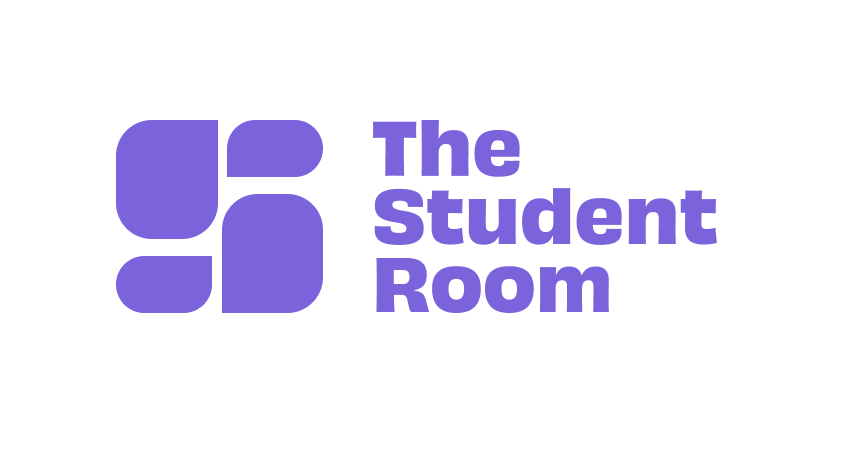Applying for university can be stressful for any student, but the 2022 cohort have had a lot of extra pressures to deal with. This will have an impact on 2022 applicant recruitment.
In this blog, we cover some of the key findings from our recent webinar “The Covid Cohort: Understanding 2022 applicants” and what you can do to attract, support and retain 2022 applicants.

1. Make allowances for the impact of covid-19
Our research shows that students feel less connected, less motivated, and less prepared for university.
“Motivation and mental health has gone down the drain and literally everyone I know hates school and their current subjects now…” (prospective 2022 applicant, The Student Room)
During school closures, 2022 applicants may have been struggling with: sharing a workspace or technology with siblings, accessing wifi connections, or even getting adequate meals.
Their parents may have been furloughed or made redundant, adding financial and emotional pressures to their home lives – especially as the government expects parents to contribute towards university living costs. Some 2022 applicants may even have lost loved ones to the disease.
On top of all this, they have not taken exams since their SATs – it’s not surprising they do not feel ready for university.

Here are some comments from students:
“Grades have dropped because of online learning”
“I am in my first year of college I’m scared we will have to sit A-levels as if nothing happened. … I hope they either cancel 2022 A-levels completely or at least significantly cut down in content to make up for the lessons we’ve missed and take into account the major decrease in motivation and mental health.”
Universities and schools can help students by showing sensitivity to these issues and reassuring them that expectations will be adjusted where possible.

2. Offer both virtual and in-person open days (and here’s what they want in virtual ones)
In March 2021, 61% of 2022 applicants who responded to our survey said they were looking forward to attending in-person university open days.
We also found that 55% planned to use virtual open days to research universities:
“I am unable to attend open days and so i am only able to get information about universities with a large online presence e.g detailed website, social media, those that hold virtual open days and attend virtual fairs”
2022 applicant feedback revealed a strong appetite for on-demand virtual open days, or even open months, which would allow them to dip into the parts they find most useful and interesting.
In terms of useful content for virtual open days, these students wanted: course information, taster sessions, opportunities to meet teaching staff and current students, and the ability to ask questions.

3. Consider whether your entry requirements are realistic for the 2022 applicant recruitment cycle
Many students will not have been able to access work, training or placements during the pandemic.
Equally, extracurricular activities and volunteering might not have been possible, which will impact what they can include in personal statements.
We’ve found that some applicants are now avoiding degrees which require placements as part of the course:
“I was considering Law but without the work experience opportunities English was less risky”
Why not use your course pages to share specific information about how you are adapting application expectations in light of covid, and where prospective students can find further support or resources?
If work placements are required during particular courses, let students know how you will support them to get those placements in the current climate.

4. Emphasize employment outcomes
When planning course pages, bear in mind that this cohort is far more risk-averse when it comes to graduate employability.
This cohort knows the job market is volatile and they are looking for secure fields:
“It has made me realise that I lack the motivation and self-confidence needed to go into certain industries – and that I should try and find employment opportunities that aren’t as intense”
“I want to be sure I choose a degree that gives me a high chance of employment, rather than a degree I like but doesn’t lead directly into a stable career because of the economic impact COVID-19 has had..”
“covid as made me realise how easy it is to be out of a job”
2022 applicants are also far less likely to have had access to careers advice in school or college due to lockdowns:
“I haven’t been able to meet with my careers teacher as much as I would have liked”
Do you have good relationships with graduate employers, or alumni working in top companies? Do you offer an excellent careers service? Make sure this is all clear to your 2022 applicants. Universities can play a key role in young people’s futures by helping them into their early careers.
It’s also a great idea to share content about how pandemic measures are affecting different industries, then offer strategies for students considering related courses or careers within these fields.

5. Engage applicants early and be as flexible as you can
During lockdowns, this cohort has also had plenty of time at home to think, and worry, about the future.
We think this is why we’re seeing a much longer applicant research cycle.
Because applicants are starting research earlier, it’s important to lend support and answer questions – you can use your Official Rep to engage this audience.
Our research also shows that 96% of 2022 applicants want to keep some aspects of their lockdown lives.
On average, they mention 4.5 aspects they would like to keep, topping the list were:
In the webinar, an attendee asked whether students would consider flexible study at current fees good value for money. We thought this was an excellent question, so keep an eye on our insight updates and future research.
In the meantime, be aware that just as workplaces are adapting to a new normal that includes more flexibility, the pandemic will also shape students’ expectations about how their education is delivered. It is worth considering how your university can adapt.
What to do next:
Find out more about our research on 2022 applicants here.
For more support with 2022 applicant recruitment, please get in touch with our team:
0800 999 3222
hello@thestudentroom.com
This research was conducted by TSR Insight. For bespoke research, contact the team.

